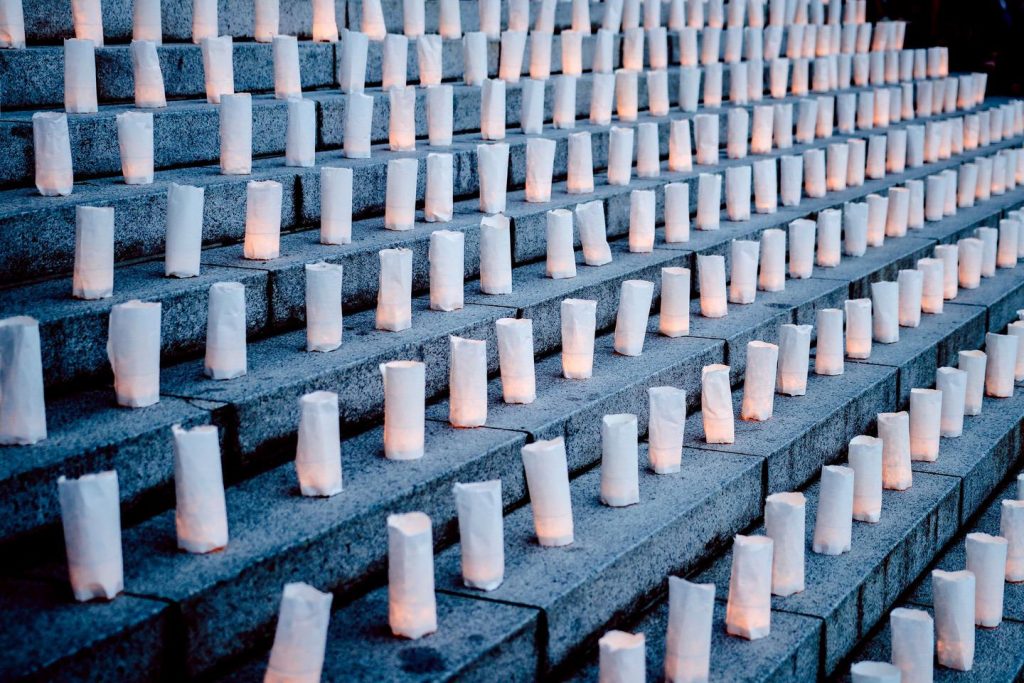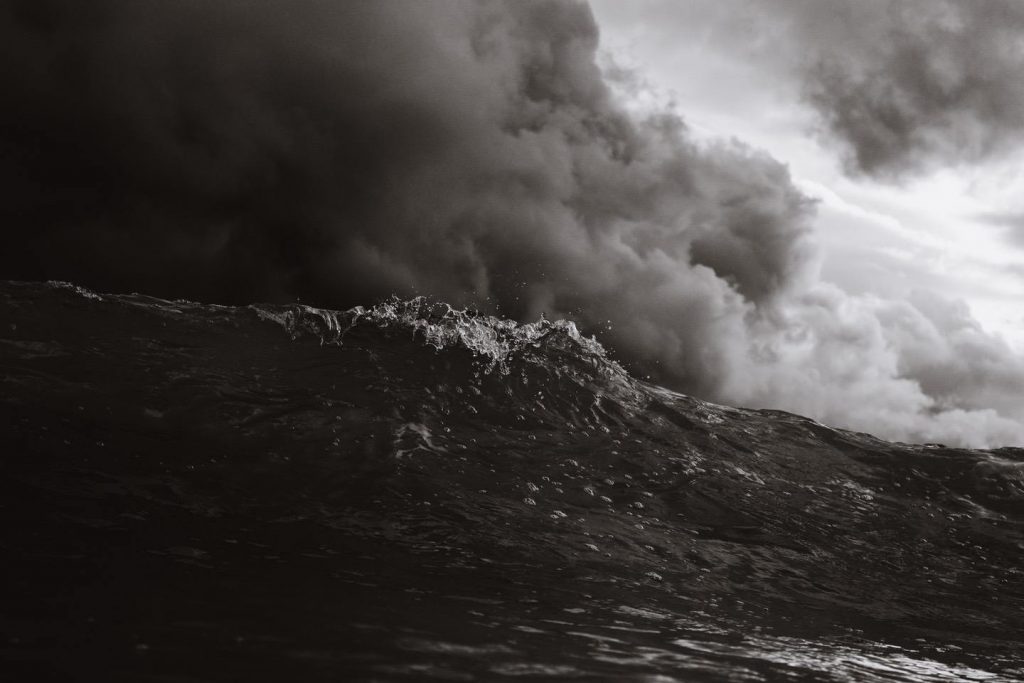
Matthew continues recording the interaction of Jesus with the Pharisees and teachers of the law from Jerusalem. They ask, “Why do your disciples break the tradition of the elders? They don’t wash their hands before they eat!” Jesus replied, “And why do you break the command of God for the sake of your tradition? For God said, ‘Honor your father and mother’ and ‘Anyone who curses his father or mother must be put to death.’ But you say that if a man says to his father or mother, ‘Whatever help you might otherwise have received from me is a gift devoted to God,’ he is not to ‘honor his father’ with it. Thus you nullify the word of God for the sake of your tradition. You hypocrites! Isaiah was right when he prophesied about you: “ ‘These people honor me with their lips, but their hearts are far from me. They worship me in vain; their teachings are but rules taught by men.’””
Jesus’ response is harsh. But one must think of God’s viewpoint: When God created humankind He was fulfilling His stated intention, “Let us make man in our image, in our likeness, and let them rule…” The pluralism of that intention (the use of “us” and “our”) demonstrates not only that the members of the Godhead were all involved, but that God intended those He made in His image to also exist within relationship. As God exists in intimate relationship between Father, Son and Spirit, so part of our inherent nature is our identity within family.
We see this again in the actual creation account; God’s first blessing on Adam is the blessing of marriage. His first instruction post-blessing is to increase in number. God’s plan for us meant that humankind must know – even from our earliest days – the priority, intimacy and boundaries of family. That starts with understanding and honouring the role of our physical creators. It was to this very point that He said, “Honor your father and your mother, so that you may live long in the land the Lord your God is giving you.” Honouring God starts with honouring those He made like Him, and that starts with honouring our parents, who made us.
Moreover, God’s instruction to honour our parents wasn’t a suggestion, but a command. To this end He also laid out the drastic consequence of dishonouring our parents, “Anyone who curses his father or mother must be put to death.” Dishonouring our parents is a serious crime, for it mirrors the treason of dishonouring God our Father.
This background in mind, one can almost feel Jesus’ intense displeasure at the virtually insane hypocrisy the teachers of Israel had. For they accused the Son of breaking with human tradition, while at the same time committing and teaching treason against God on account of tradition.
Worse, for them to tell people to disregard one of the commandments was effectively to rank themselves above God Most High, for they were deciding that their own tradition outranked God’s explicit command. The astonishing thing in reading Matthew’s account of this interaction is not Jesus’ particularly sharp rebuke, but His restraint!
Love of God is a work on which love of neighbor depends.
Andrew Karlstadt
APPLICATION: Intentionality
The Lord’s commands are to be taken most seriously. Does anything need to change in how you apply them to your life?










